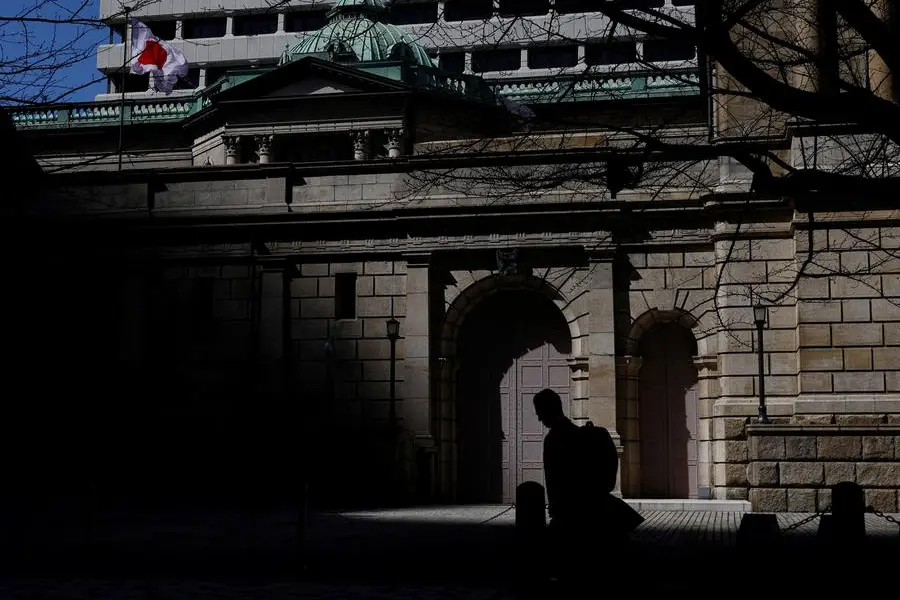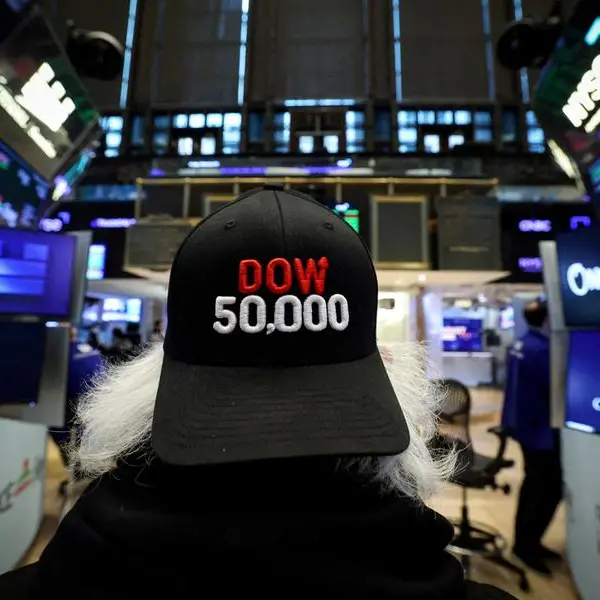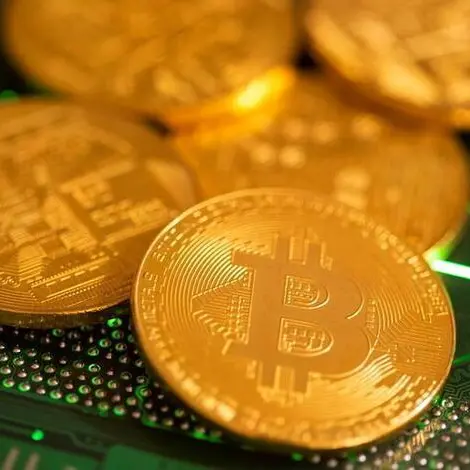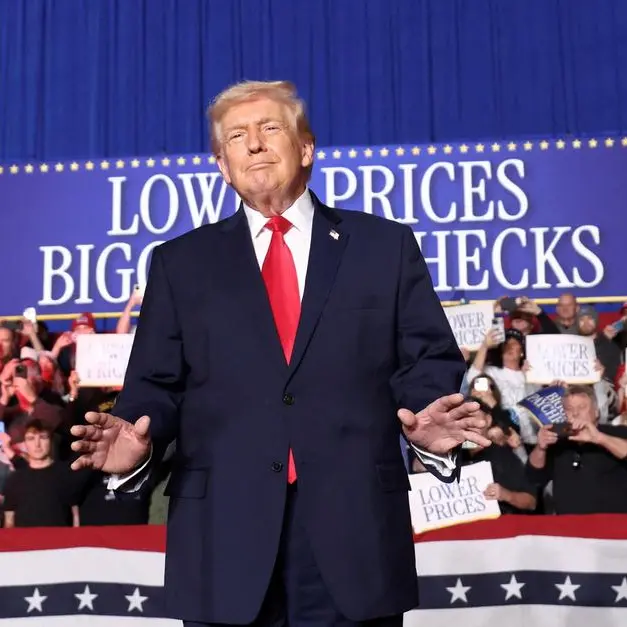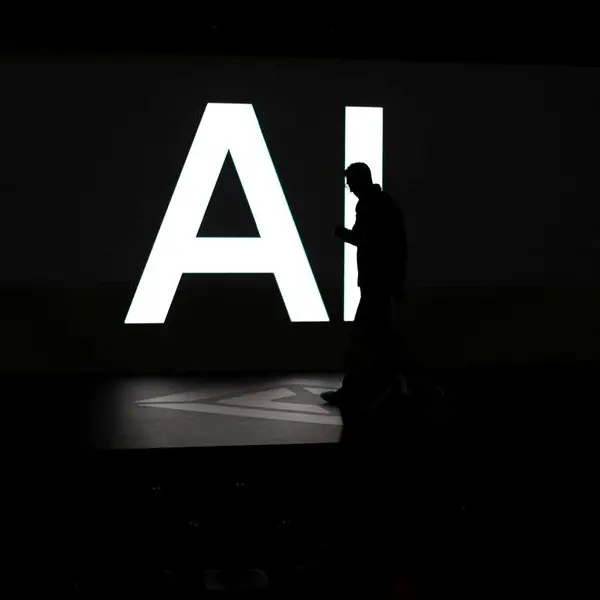PHOTO
TOKYO - The political uncertainty left by Prime Minister Fumio Kishida's decision to step down will likely lead to a pause, rather than a full stop, to the Bank of Japan's plan to raise interest rates steadily from near-zero levels.
How long that pause could be will depend not just on how the ruling party leadership race plays out, but how market moves affect the political debate on the preferred pace of rate hikes, analysts say.
Kishida, who hand-picked Kazuo Ueda as BOJ governor last year, said on Wednesday he will not stand in his ruling Liberal Democratic Party's (LDP) leadership race in September.
The BOJ worked closely with Kishida's administration in preaching the benefits of higher wages. Days before the BOJ's rate hike in July, Kishida said the central bank's policy normalisation would support Japan's transition to a growth-driven economy in a sign of his backing towards exiting ultra-low interest rates.
Kishida's departure leaves a political vacuum that heightens uncertainty on economic policy, and complicates the BOJ's efforts to steer a smooth exit from easy monetary conditions in coordination with the government.
Those seen as leading candidates have mostly endorsed gradual increases in Japan's current ultra-low interest rates, partly as a means to keep sharp yen falls at bay.
Shigeru Ishiba, seen as a frontrunner to succeed Kishida as next LDP leader and thus premier, told Reuters that the BOJ was "on the right policy track" in hiking rates gradually.
Other leading candidates, such as party heavyweights Toshimitsu Motegi and Taro Kono, have also called on the need for higher interest rates and hawkish communication by the BOJ.
The only advocate of aggressive easing is dark horse candidate Sanae Takaichi, who belongs to a party group that supported former premier Shinzo Abe's stimulus policies.
"Takaichi might be an exception, but most candidates don't seem to be against the BOJ's policy normalisation. If so, there won't be much disruption to the bank's long-term rate hike path," said veteran BOJ watcher Mari Iwashita.
POLITICS-BOJ TENSION
The BOJ by law is granted independence from government interference in setting monetary policy. But it has historically come under political pressure to use its monetary easing tools to reflate the economy.
That policy tension is in part driven by the government's power to appoint BOJ board members including the governor, which then needs parliament approval to take effect.
With the weak yen intensifying the strain on households through rising living costs, many politicians will likely nod to gradual rate hikes for now, analysts say.
That means the BOJ will likely stay the course and keep raising rates - albeit at a slower pace than initially thought.
A survey taken by think tank Japan Center for Economic Research on July 30-Aug. 6 showed many economists projecting another rate hike by year-end.
"The weak yen has been enemy No. 1 for many lawmakers, which means there is less political pushback against rate hikes than in the past," said a source familiar with the BOJ's thinking.
MOMENT FOR PAUSE
Data showing the economy rebounded in the second quarter on robust consumption helps justify further rate hikes, analysts say.
The BOJ has too much to lose by ditching a carefully crafted plan to roll back a decade-long radical stimulus programme, which put an end to negative rates in March and led to an increase in short-term rates to 0.25% from 0-0.1% in July.
The BOJ remains a global outlier on monetary policy. The central bank kept rates ultra-low even as its U.S. and European counterparts hiked aggressively since 2022 to combat red-hot inflation. Now, the BOJ is raising rates while its peers have begun easing and yet it's some way off from normalising policy.
Governor Ueda has said further rate hikes are necessary adjustments of excessive monetary support, rather than a full-fledged tightening - a stance he is likely to maintain.
But the BOJ also has good reason to ride out the storm by standing pat at the next policy meeting on Sept. 19-20, which will likely be close to the date of the LDP leadership race.
The U.S. presidential election may also heighten market volatility and keep the BOJ from acting at a subsequent rate review on Oct. 30-31, analysts say.
"The BOJ will hold off on rate hikes at least until December, when Japanese and U.S. political events run their course," said Toru Suehiro, chief economist at Daiwa Securities.
The BOJ would also need time to build trust with the new prime minister, who may have to wait until November to be approved by parliament.
An academic turned governor, Ueda has few associates in political circles, which heightens challenges in communicating smoothly with the new administration, some analysts say.
There is no guarantee politicians will keep favouring rate hikes, if the yen's downtrend reverses course.
A spike in the yen, caused in part by the BOJ's July rate hike, led to a plunge in stock prices that forced the central bank to back-track on its hawkish communication.
"If the weak-yen tide reverses, some politicians may begin to question whether the BOJ needs to hike rates further," said Naomi Muguruma, chief bond strategist at Mitsubishi UFJ Morgan Stanley Securities.
(Reporting by Leika Kihara Editing by Shri Navaratnam)
